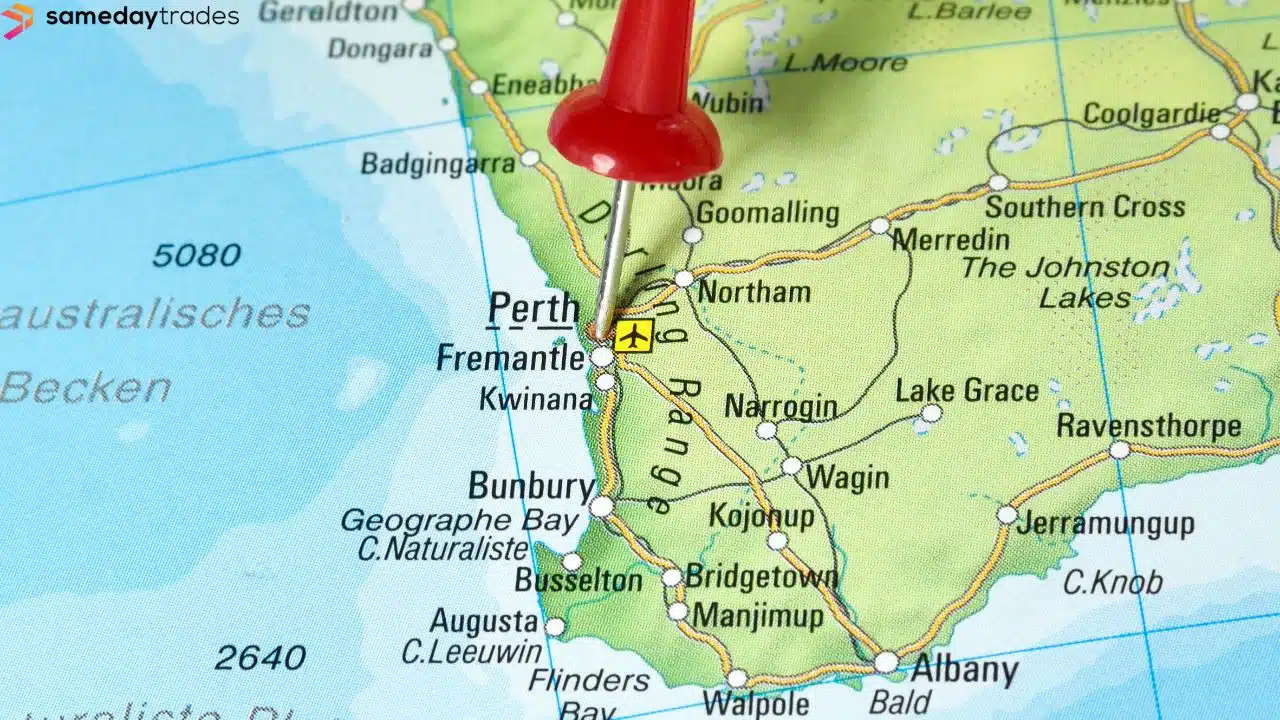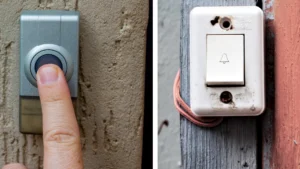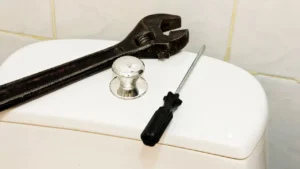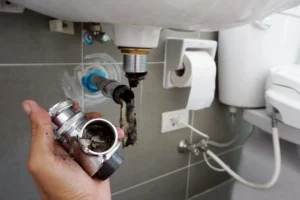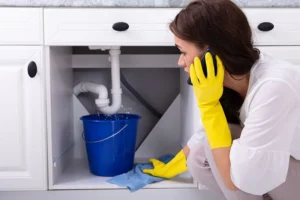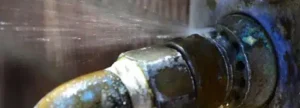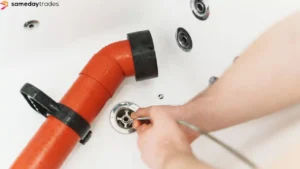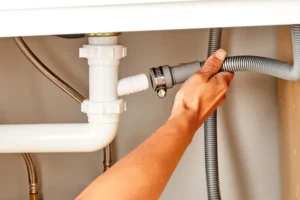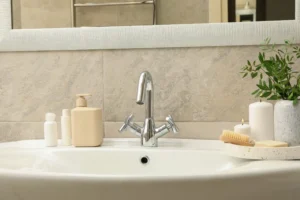Western Australia’s weather is no joke. One day it’s 40 degrees; the next day, rain is pouring down like someone forgot to turn off the tap in the sky. While we often adjust our routines to cope with these changes, our plumbing systems don’t get the same kind of attention — until something goes wrong.
Let’s break down how WA’s climate actually messes with your plumbing and what you can do to avoid costly surprises.
Scorching Summers and Expanding Pipes
In Perth, summers are brutally hot. When the sun is blazing and the ground gets dry, your plumbing can take a real beating.
- Pipes made from metal or plastic expand in extreme heat, which can cause small cracks or loosen joints.
- Underground pipes may shift as the dry soil moves or contracts.
- More people take long showers, use garden hoses, and run sprinklers — which puts extra pressure on the system.
Real Talk: If your water pressure drops or you hear weird banging in the walls, your pipes might be telling you they’re under stress. Don’t ignore it.
Low Rainfall? Say Hello to Blockages
In dry conditions, water moves slower through the pipes. When there’s less flow, mineral deposits and grime don’t get flushed out properly.
- This causes a build-up in the pipes.
- Hot water systems and dishwashers might clog or slow down.
- Even toilets might not flush as smoothly as they should.
A quick check-up by local plumbers in Perth can help keep everything running smoothly — even when the weather’s not on your side.
Heavy Rains Bring Big Headaches
Perth might go weeks without a drop, then suddenly get drenched in a weekend. That’s when stormwater drains and sewer lines get overwhelmed.
- Gutters clog up fast with leaves and mud.
- Water pools around the house if drains can’t keep up.
- Sewer pipes can back up—and trust us, no one wants to deal with that smell.
Quick Fix: Clean gutters and outdoor drains at the start and end of winter. It’s a 30-minute job that can save you thousands in repairs.
Living Near the Coast? Salt is Your Enemy
The sea breeze feels great, but salt in the air doesn’t do your plumbing any favours. Especially in areas close to the beach, like Cottesloe or Scarborough.
- Salt causes metal taps and fittings to corrode.
- Outdoor plumbing gets worn out faster.
- Even underground pipes might face wear from salty groundwater.
Switch to corrosion-resistant pipes like PEX or PVC if you’re near the coast. Local plumbers in Perth usually recommend these for long-lasting protection.
Winter Cold Snaps and Pipe Problems
While Perth isn’t known for freezing temperatures, it can still get chilly in the winter — especially overnight.
- Pipes in cold or shaded areas might freeze and crack.
- Water flow slows down or stops altogether.
- Cracks caused in winter often show up as leaks a few months later.
Simple Tip: Insulate exposed pipes (especially in the garden or garage). It’s cheap and stops a lot of problems before they start.
Bushfire Zones? Your Plumbing Isn’t Fireproof
For folks living in outer suburbs or near bushland, bushfire risk is real — and it’s not just your roof you should worry about.
- Plastic piping can melt or warp if the fire gets too close.
- Water tanks may become unusable during emergencies.
- Firefighters may tap into local water pressure, dropping it when you need it most.
Ask your plumber about fire-resistant pipe materials and underground water tank options — both are smart upgrades.
Hard Water in Perth = Slow Damage Over Time
If you’ve noticed white crust on your showerhead or your kettle taking longer to boil, you might have hard water. Perth has it in many areas.
- Minerals in hard water clog appliances and showerheads.
- Pipes develop scaly build-up that reduces water flow.
- Water heaters lose efficiency, which means higher power bills.
Installing a water softener is a good idea in affected suburbs. Many plumbers in Perth offer fast installation, and it pays for itself in savings on repairs.
Year-Round Plumbing Checklist for WA Homes
Here’s a simple to-do list to keep your plumbing healthy through all seasons:
- Check pipes before summer and winter.
- Clean your gutters and storm drains every 6 months.
- Use pipe insulation where needed.
- Ask your plumber about salt- or fire-resistant upgrades.
- Install leak detectors —they’re affordable and save money.
- Monitor your water bill. A sudden spike = hidden leak.
Don’t Wait for an Emergency
If your taps are slow, drains are gurgling, or you’ve got unexplained wet patches —don’t wait. These are warning signs that something’s wrong.
Ignoring it could turn a small issue into a major repair job.
Call your trusted plumbers in Perth early. Most of the time, they can fix it fast and save you the stress and expense of an emergency.
Final Words
WA’s wild weather can sneak up on your plumbing system. From heatwaves to storms and salt air to winter chills, your pipes are working harder than you think.
Stay ahead of the game by taking a few simple steps each season. And if things go sideways, don’t panic. Call your local expert — someone who knows Perth’s climate and how to deal with it.
Because when it comes to plumbing, small steps now can save big problems later.
FAQs
How often should I get my plumbing checked in Perth?
Once a year is ideal, but before summer or winter is best.
Are water softeners really needed in Perth?
If you're seeing signs of hard water, like white stains or low appliance performance, a softener can make a big difference.
What’s the biggest risk to plumbing in WA?
It depends on your location. Inland homes struggle with dry soil, while coastal homes face salt damage.
Do bushfires really affect pipes?
Yes, especially plastic fittings or exposed areas. Heat damage is real, even without direct flame contact.
Who should I call if I think my plumbing is affected by climate?
Reach out to reliable plumbers in Perth who understand the local environment and offer customised solutions.

